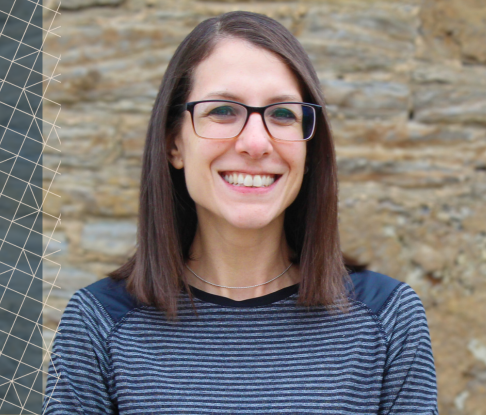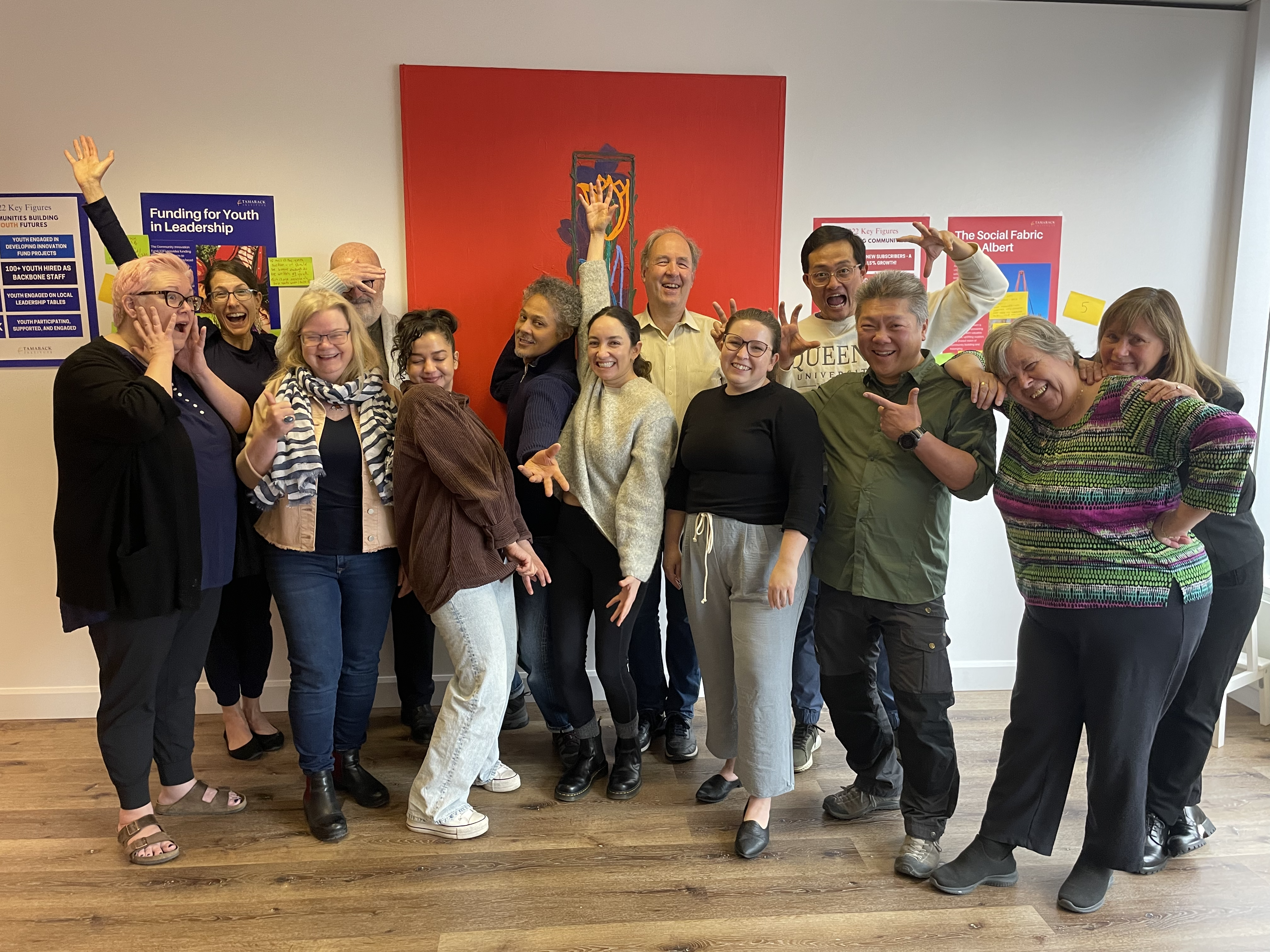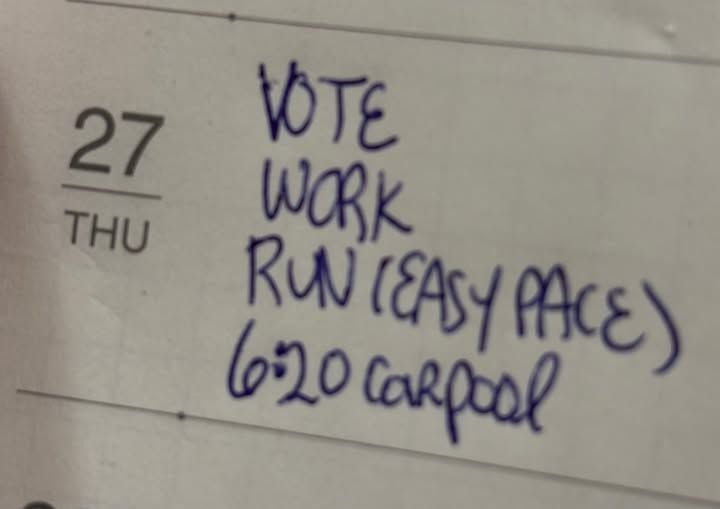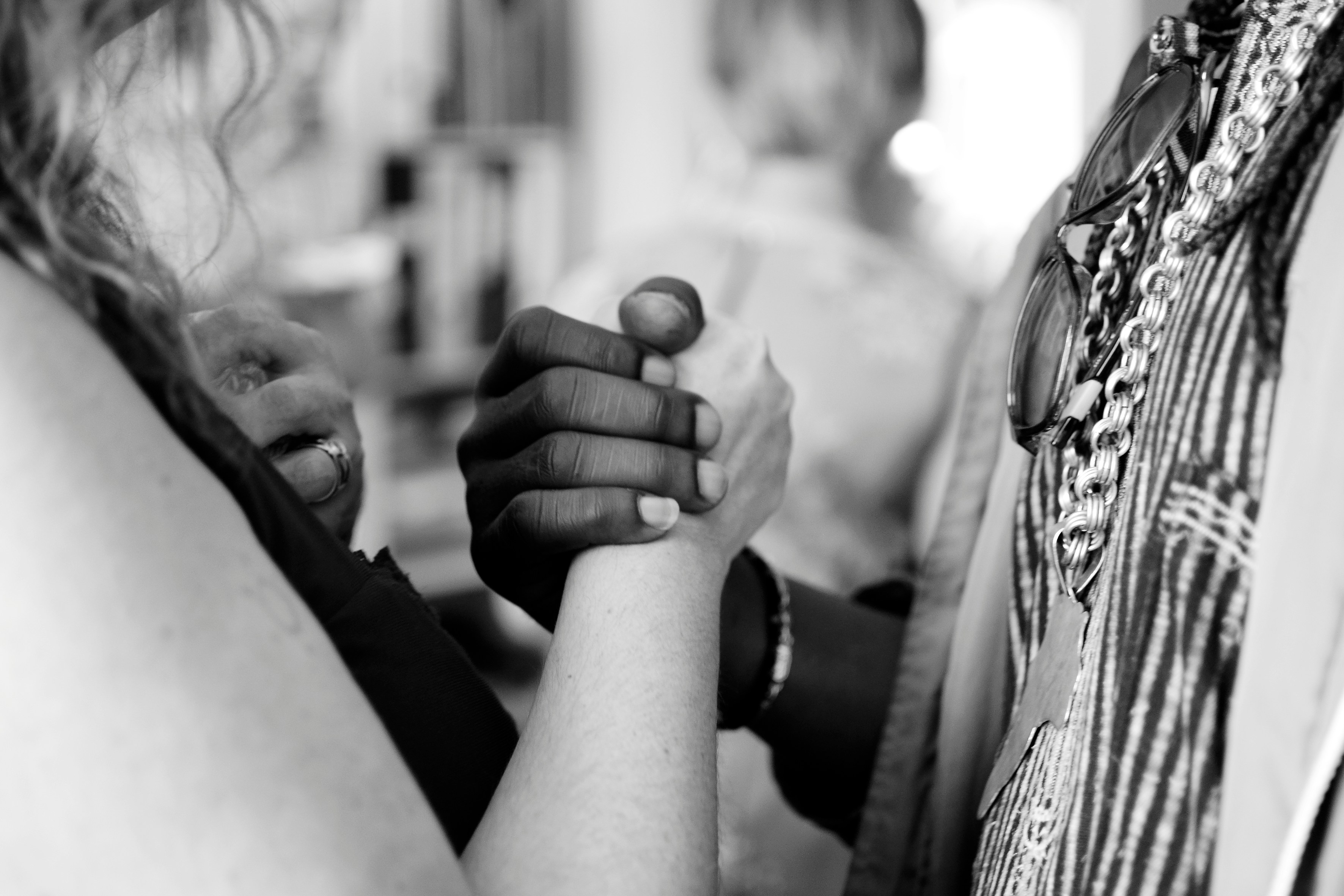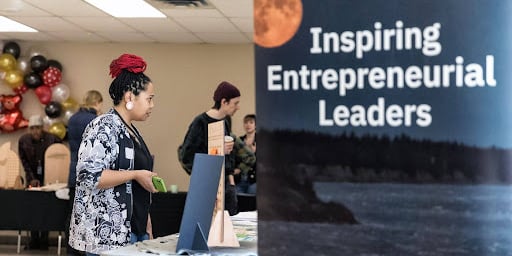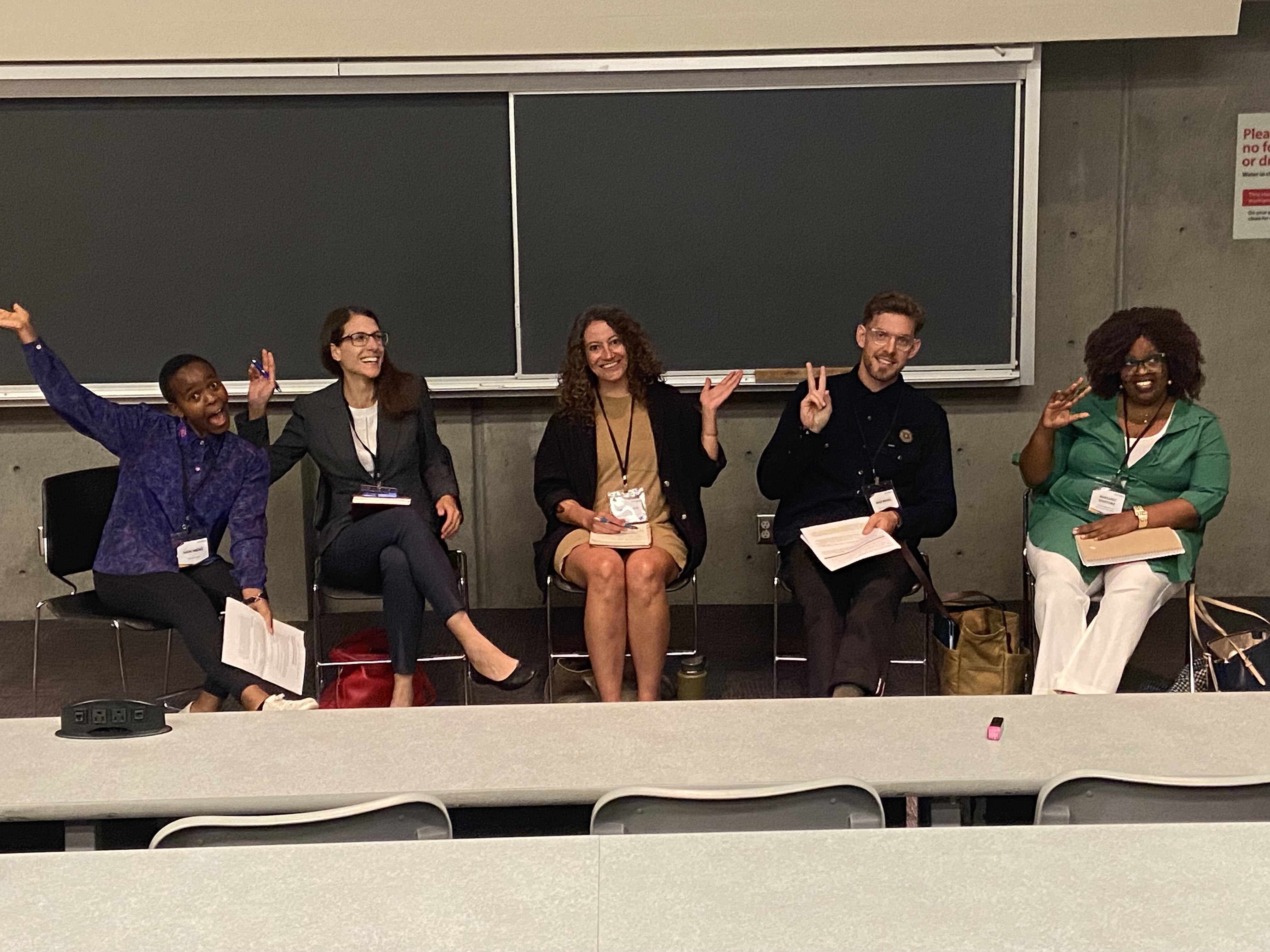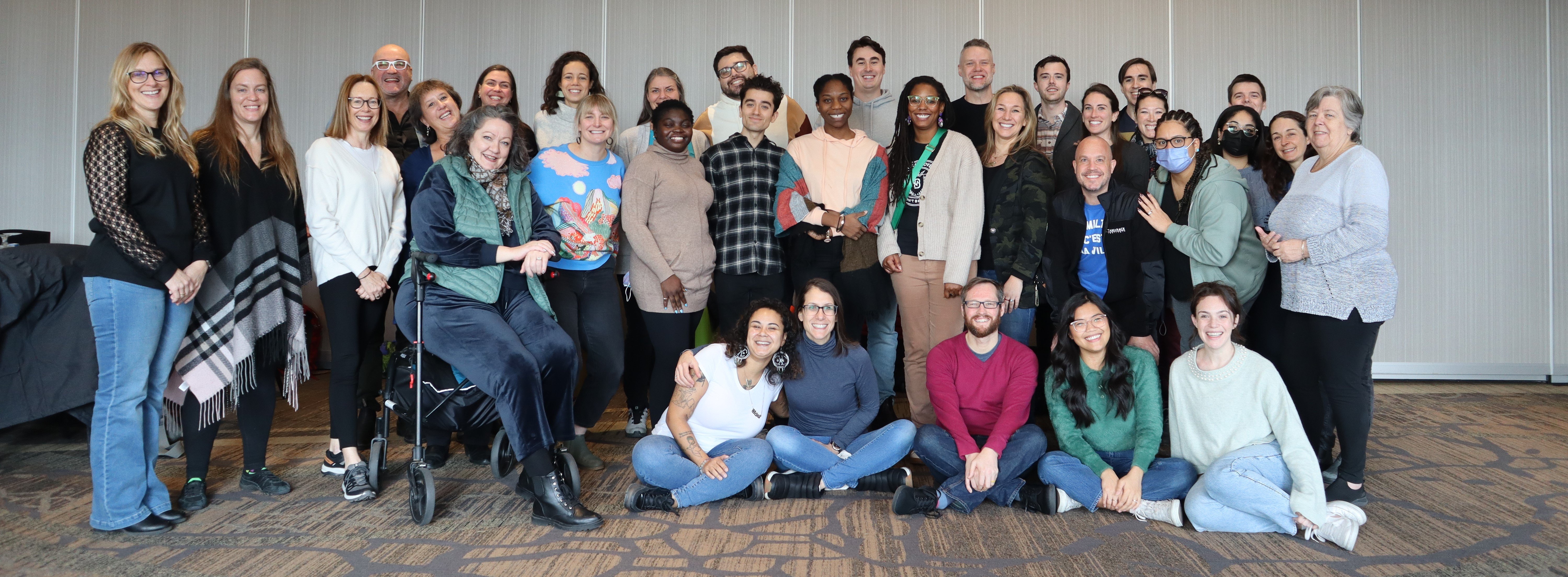These days, we hear frequent calls to turn inward toward the people, businesses, and industries within our borders - and away from the US. It’s understandable. We are being threatened with annexation, reeling from the economic impacts of tariffs, and more. Even before this, we confronted significant challenges. The end of COVID-era income support alongside the growing affordability crisis is reversing Canada’s poverty reduction successes as millions of people once again face the systemic indignities of poverty. Two-thirds of renters feel their mental health and well-being are impacted by rental costs. Almost one in four families experience food insecurity - the highest number ever recorded. When we experience threats like these, humans are wired to focus inward, on “our own.”
We must challenge what it means to focus on “our own” and stand with vulnerable communities most impacted by nationalist stances on both sides of the border. When we stand with vulnerable communities to the South, we name the kind of Canada we want to live in. When we stand up for justice across borders, we accelerate justice here in Canada.
Cross-border learning accelerates positive change. The US and Canada share long histories of learning from each other on education, economic and climate equity. Canada drew inspiration from the US Earned Income Tax Credit program to develop the Canada Workers Benefit. Our early childhood education approaches have been influenced by the US Head Start program. When I worked in Utah, I took inspiration from Ontario’s commitment to full-day kindergarten as we advocated for the same. And the Canada Child Benefit influenced US advocacy to expand child tax credits to reduce child poverty.
Community across borders strengthens our local communities. While the US and Canada are both far from the promise of democracy for all, cross-border collaboration among businesses, advocates, civil servants, academics, service providers, and the networks that support them has strengthened our efficiency, effectiveness and progress toward equity.
Our interdependence is undeniable. Tamarack works with a network of close to 200 communities, primarily in Canada but with members and partners in the US. From our network, we have learned that there is power in working locally but also that the well-being of people on both sides of the border are intertwined. The economic systems that mean that people in Detroit, Michigan, can work full time but still live in poverty impact Windsor, Ontario, too. Wildfires in Quebec put New York communities on stay-inside restrictions, just as wildfires in California and Oregon lower air quality and trigger asthma attacks in British Columbia and Alberta.
And just as the impacts of climate change don’t stop at the border, nor does the flow of capital, labour, or ideas. Policies like tariffs often hurt the most vulnerable - farm workers, small businesses, and low-income communities - on both sides.
The challenges we face are not contained by borders. Our solutions shouldn’t be either.
Our commitments to democracy embolden each other. We’re seeing rhetoric that harms newcomers, people impacted by poverty, and racialized communities. This rhetoric encourages the idea that justice is a zero-sum game. The anti-trans, anti-immigrant, and anti-worker policies gaining ground in parts of the U.S. embolden similar movements here. Countering these movements with ones that centre interdependence and community that nurture “our own” here in Canada.
Community across borders can build alternatives to the mindsets, narratives and policies that deepen inequality.
***
Seeing communities on both sides of our border as “our own” does not mean ignoring our own needs. It asks us to resist the simplistic idea that we must choose between compassion and pragmatism. That to protect our communities requires us to close ourselves to others. It calls us to embrace nuance.
Community is not a luxury. It’s an essential strategy for democracy. It’s how we learn, innovate, and improve. Let’s not allow fear to shrink our circle of concern. The best version of Canada has also been about showing up with care, community, and resolve.
Danya Pastuszek (she/her) is a dual citizen who has worked in the social sector in both countries for nearly 25 years. A resident of Canada for the last ten years, she is a 2023 Schwab Foundation Collective Social Innovation Awardee and the President & CEO of the Tamarack Institute for Community Engagement, which invites you to get involved with the National Strategy for Belonging.


